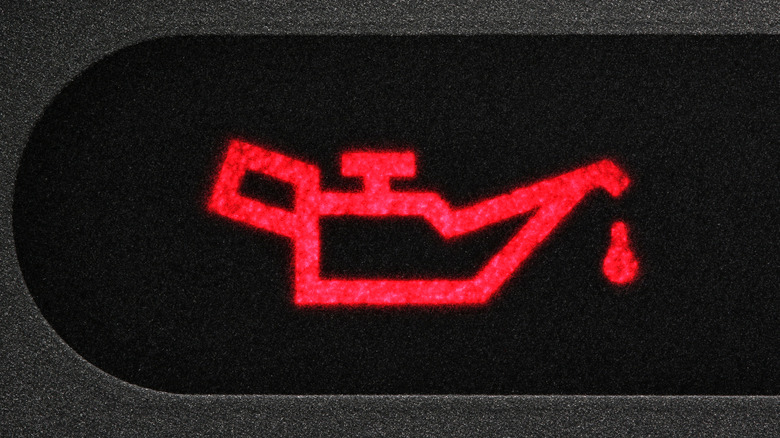
As the auto industry gets more digital and high tech, we have to ask ourselves the question — is all of this going to work as intended? Technology is always a mixed bag in that it can improve safety and convenience, but it can also create unforeseen complications. So when it comes to new tech in cars like oil life monitors, we have to wonder if it actually works. This is especially important since these days a lot of new cars don't have a dipstick to check oil level.
However, a lot of consumers have already encountered problems. For instance, the oil level monitor could suggest adding a quart of oil, only for that to be too much. In a world where automakers are going digital, we wonder how accurate those new digital oil life monitors really are. Apple CarPlay and Google Android Auto are one thing, but replacing reliable systems just to seem modern doesn't always help.
 Bjoern Wylezich/Shutterstock
Bjoern Wylezich/Shutterstock
As the name says, this is a device or system that monitors the oil life expectancy of a vehicle as it degrades. Many oil life monitors use sensors that collect real-time data that is then put into an algorithm to compute an estimate of the oil life. This data covers several factors, such as your driving habits, operating conditions, and in some cases, vehicle mileage. All of these can affect how quickly your motor oil degrades. However, the oil life monitor is only providing an estimate based on the data it collects.
When it comes to oil life and the quality of motor oil, we don't love the idea of taking a guess. Still, there are some benefits to oil life monitors. They can help prevent the needless throwing away of oil, which is good for the environment. This also means less oil changes and maintenance visits. If anything, oil life monitors are a safeguard for those of us who may be a little forgetful.
So how accurate are those sensors, really? Well, they can certainly malfunction and degrade over time as well. This can lead to premature oil changes or driving with bad oil. Most can't detect oil levels, oil quality, or the condition of the oil. Instead, the algorithm is based on the data collected about driving habits and the vehicle's operating conditions, but driving conditions like harsh environments or weather are not accounted for. So, all-in-all, can we trust oil life monitors? Don't bet your car on it.
















